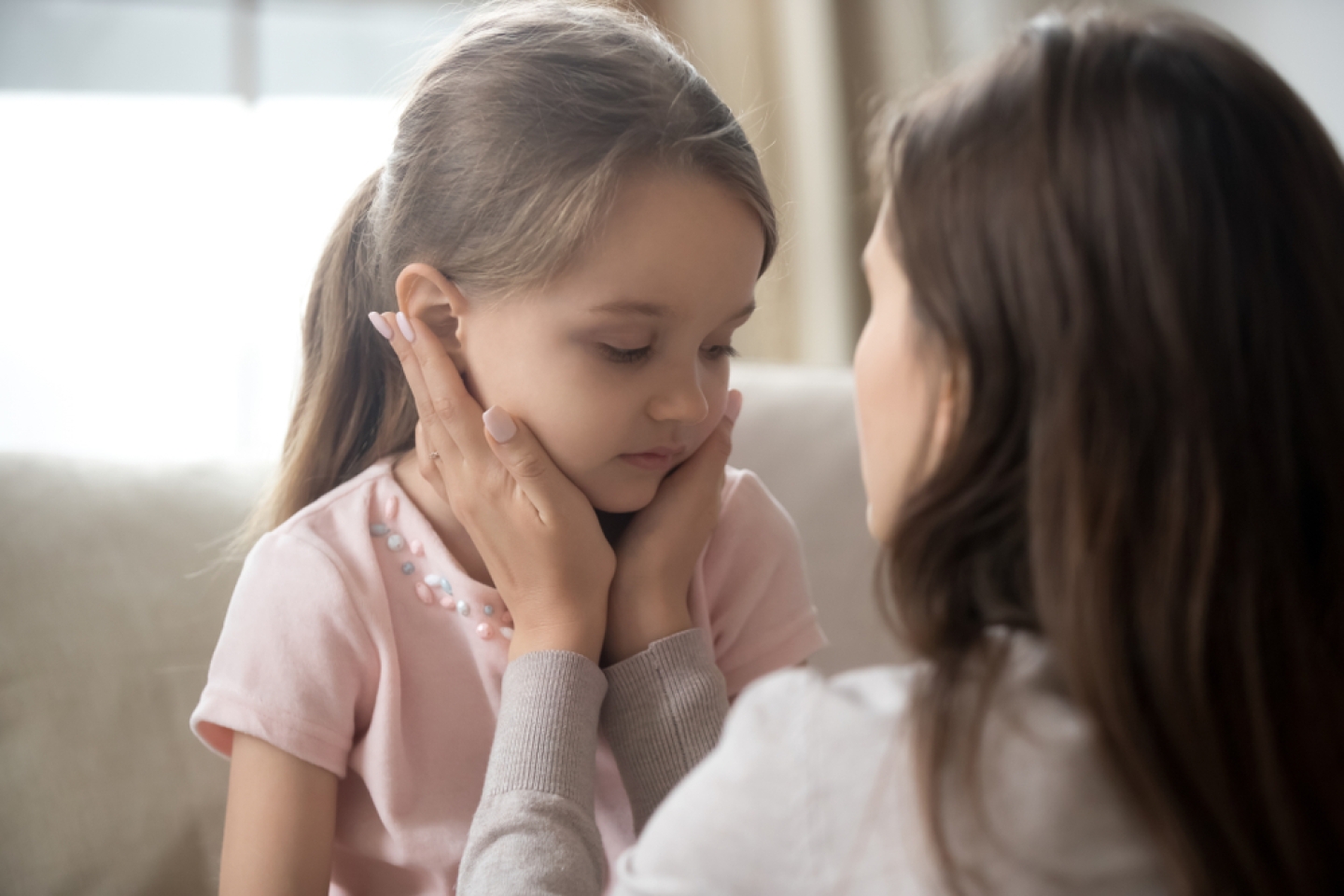
It’s normal for children to experience sadness, irritability and anxiety every now and then. Sometimes it can be hard to tell whether your child is dealing with standard day-to-day stressors, such as juggling homework, sports, and social activities, or if it’s something more serious.
In observance of Children’s Mental Health Awareness Week, Weill Cornell Medicine is helping families understand common children’s mental health issues, along with signs to look out for and tips for when to get help.
Children and teens faced many pressures throughout the COVID-19 pandemic, and some of the effects of school closures and isolation may have lingered. Additional factors impacting children’s mental health include:
Not all of these challenges create long-lasting mental health issues for children and teens. There has been a lot of evidence showing that in the face of traumatic events, most kids do really well, as children are resilient and adaptive.
It’s when persistent, serious changes in how children behave in ways that interfere with their normal daily activities that may be cause for concern.
As a parent or caregiver, you know your child best and understand what typical behavior looks like. Here are some signs that indicate your child may be having mental health challenges that go beyond ordinary daily stressors:
Having one of the symptoms on this list doesn’t mean your child is experiencing a mental health crisis. Hormonal changes typical of early and middle adolescence can affect your child’s moods and behavior. If you notice one or more of these signs and they persist over time, have a conversation with your child or talk to their pediatrician or another healthcare professional.
According to the Centers for Disease Control and Prevention (CDC), attention deficit/hyperactivity disorder (ADHD), anxiety and depression are the most commonly diagnosed mental health disorders in children. Among U.S. children aged 3 to 17:
Other mental health conditions that affect children include eating disorders, obsessive-compulsive disorder (OCD), and post-traumatic stress disorder (PTSD).
Mental health disorders such as depression and anxiety are significant risk factors for suicide. Other risk factors include social pressure relating to sexual orientation or gender identity, bullying, racism, alcohol and substance use, easy access to guns, and family experiences such as divorce, deployment, incarceration or unstable housing.
If your child is experiencing mental health challenges that get in the way of normal day-to-day activities and functioning, open a conversation with them about what they’re going through. Talking about suicide won’t increase the risk your child will attempt it.
“It’s a myth that the more you talk about suicide, the more likely the person will end up thinking about it,” says Cori Green, M.D., M.S., Vice Chair of Behavioral Health in the Department of Pediatrics and associate professor of clinical pediatrics at Weill Cornell Medicine, and associate attending pediatrician at NewYork-Presbyterian Phyllis and David Komansky Children's Hospital at Weill Cornell Medical Center. “Opening the door to have a conversation about suicide can be protective.”
You can also raise your concerns with your child’s pediatrician during a well-child visit. If your child is in immediate danger, call the Suicide & Crisis Lifeline at 988 or text “TALK” to 741741.
Mental health issues can still carry a stigma, so it’s important to let your child know that they can talk to you about how they’re feeling, and that you love and support them no matter what. Assure them that everyone struggles occasionally and that help is available.
When talking to your child about their mental health, the National Alliance on Mental Illness (NAMI) recommends:
“It's important for parents to know that anxiety is a normal part of life but to keep an eye out for when anxiety or mood symptoms are crossing that threshold for their children,” says Shannon Bennett, PhD, licensed clinical psychologist, assistant professor of psychology in Clinical Psychiatry at Weill Cornell Medicine, and director of psychology for the Division of Child and Adolescent Psychiatry at NewYork-Presbyterian/Weill Cornell Medical Center. “When kids are starting to withdraw or avoid meaningful life activities, that's a time to talk to your doctor, find a therapist, or seek additional assessment or help.”
To make an appointment to discuss your child’s mental health, find a doctor at Weill Cornell Medicine who can help.